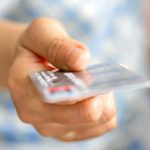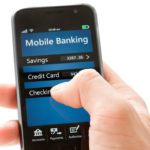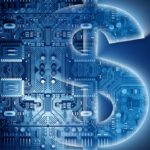In March, the White House directed several federal agencies to research the pros and cons of a digital dollar. This raises a host of questions for banks, particularly when it comes to deposits and loans, which, you know, are kind of a big deal. For the general public, I have to think the topic is just generally confusing. Digital payments have been with us for a long time, after all. The type of digital dollar being discussed by the Feds would look a lot to the consumer like the digital money banks move around right now. But the back end of how the money is exchanged would change. [Continue]










